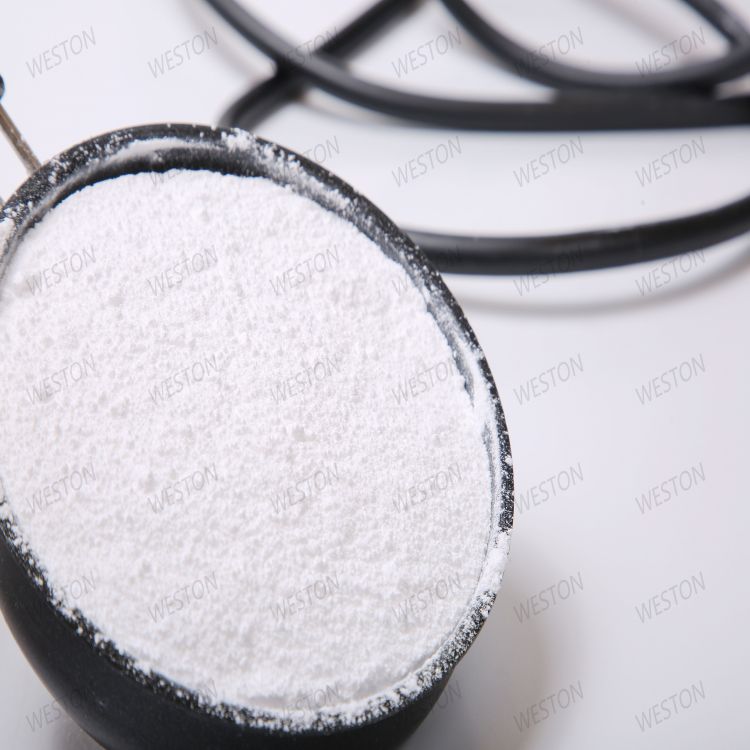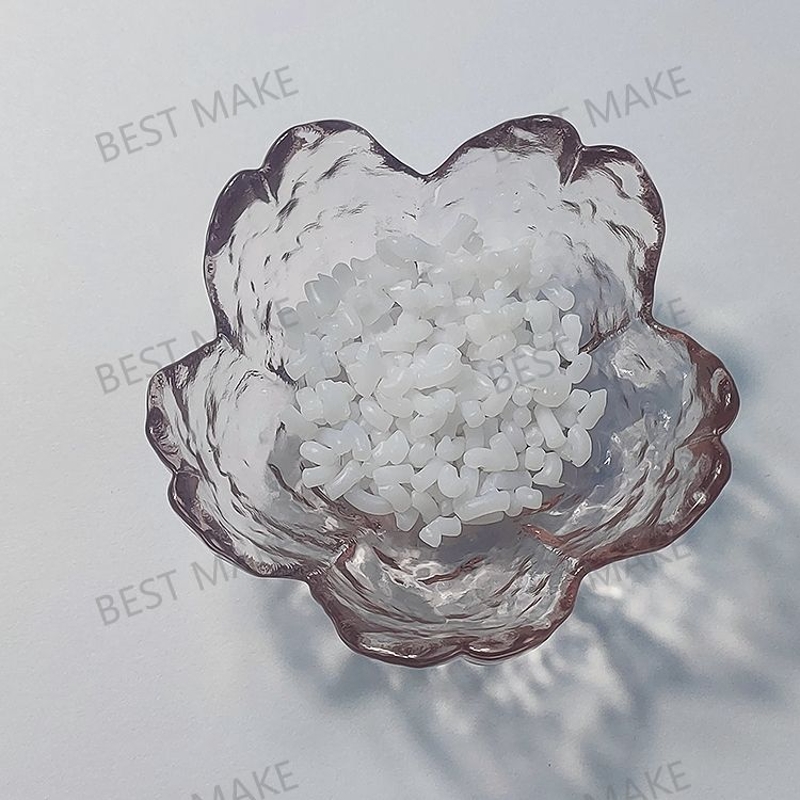-
Categories
-
Pharmaceutical Intermediates
-
Active Pharmaceutical Ingredients
-
Food Additives
- Industrial Coatings
- Agrochemicals
- Dyes and Pigments
- Surfactant
- Flavors and Fragrances
- Chemical Reagents
- Catalyst and Auxiliary
- Natural Products
- Inorganic Chemistry
-
Organic Chemistry
-
Biochemical Engineering
- Analytical Chemistry
- Cosmetic Ingredient
-
Pharmaceutical Intermediates
Promotion
ECHEMI Mall
Wholesale
Weekly Price
Exhibition
News
-
Trade Service
A few days ago, the Ministry of Science and Technology issued the "National Key R&D Plan for New Energy Vehicles Key Special Implementation Plan (Draft for Comments)", which clearly proposed that the monomer specific energy of power lithium batteries will reach 200 Wh/kg by the end of 2015 and 300 Wh/kg
in 2020.
As we all know, the current lithium battery of various materials has the highest specific energy of 200 watt-hours / kg, and the specific energy of 300 watt-hours / kilogram has exceeded the theoretical value
of some lithium batteries.
Looking back on the past decade, lithium battery technology has been continuously improving, and the most obvious feeling is that the battery capacity has increased
significantly.
In 2005, the battery life of laptops was generally about 2 hours, almost only 1 hour, and now the battery life of laptops is generally more than 5 hours, and some can even reach 10 hours
.
Another obvious benefit of technological progress is that prices are falling
.
The decline in prices has made the application field of lithium batteries continue to expand, crowding out the market
of secondary batteries such as nickel-metal hydride, nickel-cadmium, and lead-acid.
Other advances include: battery types continue to be enriched, polymer lithium batteries begin to dominate the industry, square, cylindrical, pouch batteries gradually form a three-legged trend; Charging time is significantly shortened, 10 years ago it took 5-6 hours for a mobile phone battery to be fully charged, and now it generally takes only 2-3 hours, which is still in the case of doubling the capacity.
.
.
Objectively, the technological progress of lithium batteries in this decade is indeed great, but there is a lack of revolutionary changes
.
Lithium batteries are no different from 10 years ago: the structure has not changed, and the main supporting materials have basically not changed
.
In particular, the cathode material is still the same as 10 years ago, or lithium cobalt oxide, lithium manganate, ternary material and lithium
iron phosphate.
What has changed is only the market share of different materials, 10 years ago it was the world of lithium cobalt oxide, and now it is lithium cobalt oxide, lithium manganate, ternary materials and lithium iron phosphate
.
A few days ago, the Ministry of Science and Technology issued the "National Key R&D Plan for New Energy Vehicles Key Special Implementation Plan (Draft for Comments)", which clearly proposed that the monomer specific energy of power lithium batteries will reach 200 Wh/kg by the end of 2015 and 300 Wh/kg
in 2020.
As we all know, the current lithium battery of various materials has the highest specific energy of 200 watt-hours / kg, and the specific energy of 300 watt-hours / kilogram has exceeded the theoretical value
of some lithium batteries.
Looking back on the past decade, lithium battery technology has been continuously improving, and the most obvious feeling is that the battery capacity has increased
significantly.
In 2005, the battery life of laptops was generally about 2 hours, almost only 1 hour, and now the battery life of laptops is generally more than 5 hours, and some can even reach 10 hours
.
Another obvious benefit of technological progress is that prices are falling
.
The decline in prices has made the application field of lithium batteries continue to expand, crowding out the market
of secondary batteries such as nickel-metal hydride, nickel-cadmium, and lead-acid.
Other advances include: battery types continue to be enriched, polymer lithium batteries begin to dominate the industry, square, cylindrical, pouch batteries gradually form a three-legged trend; Charging time is significantly shortened, 10 years ago it took 5-6 hours for a mobile phone battery to be fully charged, and now it generally takes only 2-3 hours, which is still in the case of doubling the capacity.
.
.
Objectively, the technological progress of lithium batteries in this decade is indeed great, but there is a lack of revolutionary changes
.
Lithium batteries are no different from 10 years ago: the structure has not changed, and the main supporting materials have basically not changed
.
In particular, the cathode material is still the same as 10 years ago, or lithium cobalt oxide, lithium manganate, ternary material and lithium
iron phosphate.
What has changed is only the market share of different materials, 10 years ago it was the world of lithium cobalt oxide, and now it is lithium cobalt oxide, lithium manganate, ternary materials and lithium iron phosphate
.







